Dental braces are a popular orthodontic treatment designed to improve the alignment and appearance of teeth. Many individuals seek this treatment not just for cosmetic enhancement but also for improved oral health and functionality. When considering Dental Braces in Abu Dhabi, it’s essential to understand the comprehensive benefits they offer, which extend beyond straightening teeth to fostering overall oral well-being.
Enhanced Oral Health and Hygiene
Improved Teeth Alignment Promotes Better Cleaning
One of the primary benefits of dental braces is the correction of misaligned teeth, which can make oral hygiene routines more effective. Crooked or crowded teeth create hard-to-reach areas, making plaque accumulation and tartar buildup more likely. Properly aligned teeth allow for easier brushing and flossing, reducing the risk of cavities, gum disease, and other dental issues.
Reduced Risk of Dental Damage
Misaligned teeth are more susceptible to chipping, breaking, or excessive wear over time. Braces help in evenly distributing biting forces, minimizing the chances of dental trauma. Proper alignment also prevents abnormal wear patterns that can lead to long-term dental complications.
Aesthetic and Confidence Boost
Improving Smile Aesthetics
A straight, beautiful smile significantly enhances personal appearance and boosts self-confidence. Dental braces reshape the smile, correcting gaps, overlaps, and uneven teeth, resulting in a more harmonious facial appearance. This aesthetic improvement can positively influence social interactions and professional opportunities.
Psychological Well-being
Beyond physical benefits, correcting dental imperfections often leads to increased self-esteem. Individuals tend to feel more comfortable smiling, speaking, and engaging socially, which contributes to overall psychological health and happiness.
Functional Benefits and Improved Bite
Correcting Bite Issues
Dental braces are effective in addressing various bite problems, such as overbite, underbite, crossbite, and open bite. Proper bite alignment improves chewing efficiency and speech clarity. Correcting bite issues also alleviates strain on jaw muscles and joints, reducing discomfort and potential temporomandibular joint (TMJ) problems.
Enhanced Speech and Chewing
Misaligned teeth can interfere with clear speech and effective chewing. Braces help in restoring normal function, making daily activities more comfortable and natural. This improved functionality supports better digestion and overall health.
Long-term Dental Stability
Maintaining Results with Retainers
After completing orthodontic treatment, using retainers helps in maintaining the teeth’s new position. This stability ensures that the benefits of braces are preserved for years to come, preventing relapse and the need for additional corrective procedures.
Prevention of Future Dental Issues
Correcting teeth alignment early can prevent the development of severe dental problems in the future. Properly aligned teeth reduce abnormal wear, gum recession, and other complications, promoting healthier teeth and gums over the long term.
Customized Treatment Options
Advances in Orthodontic Technologies
Modern orthodontics offers a variety of braces options tailored to individual needs and preferences. These include traditional metal braces, ceramic braces, lingual braces, and clear aligners. Each option provides unique benefits in terms of aesthetics, comfort, and treatment duration.
Personalized Treatment Planning
Orthodontic specialists develop customized treatment plans based on the patient’s specific dental structure and goals. This personalized approach ensures optimal results and minimizes treatment time, making the process more efficient and comfortable.
Benefits for Different Age Groups
Orthodontic Treatment for Children and Adolescents
Early intervention with braces can guide proper jaw growth and prevent more complex dental issues later in life. Childhood braces can be more straightforward and quicker, setting a foundation for lifelong oral health.
Adult Orthodontics
Age is not a barrier to achieving a perfect smile. Adult orthodontics offers discreet options and flexible treatment plans, allowing individuals to enjoy the benefits of braces at any stage of life. Correcting dental misalignments in adulthood can significantly improve quality of life and self-confidence.
Overall Impact on Oral and Systemic Health
Contribution to Overall Health
Healthy teeth and gums are integral to overall health. Properly aligned teeth reduce the risk of periodontal disease, which has been linked to systemic conditions such as heart disease and diabetes. Maintaining optimal oral health through orthodontic treatment supports general well-being.
Long-term Dental Maintenance
Post-treatment care, including regular dental visits and proper oral hygiene practices, is crucial for sustaining the benefits of braces. This ongoing maintenance helps in preventing future dental problems and ensures lasting results.
Conclusion
Investing in Dental Braces Abu Dhabi can transform not just your smile but also your overall oral health and quality of life. The numerous benefits—from improved hygiene and functionality to boosted confidence and long-term dental stability—make braces a valuable orthodontic option for individuals of all ages. With advancements in orthodontic technology and personalized treatment plans, achieving a perfect smile has become more accessible and comfortable than ever before.
FAQs
Q1: How do dental braces improve overall oral health?
Dental braces help in aligning teeth correctly, making it easier to maintain oral hygiene, which reduces plaque buildup, cavities, and gum disease, ultimately promoting better oral health.
Q2: Are there different types of braces available for adults?
Yes, there are various options including traditional metal braces, ceramic braces, lingual braces, and clear aligners, allowing adults to choose discreet and comfortable orthodontic solutions.
Q3: Can dental braces correct bite issues?
Absolutely, braces are highly effective in correcting various bite problems such as overbite, underbite, crossbite, and open bite, which improve chewing, speech, and jaw function.
Q4: How long does the orthodontic treatment typically last?
The duration of treatment varies depending on individual cases, but most orthodontic treatments span from several months to a few years, with personalized plans aimed at achieving optimal results efficiently.

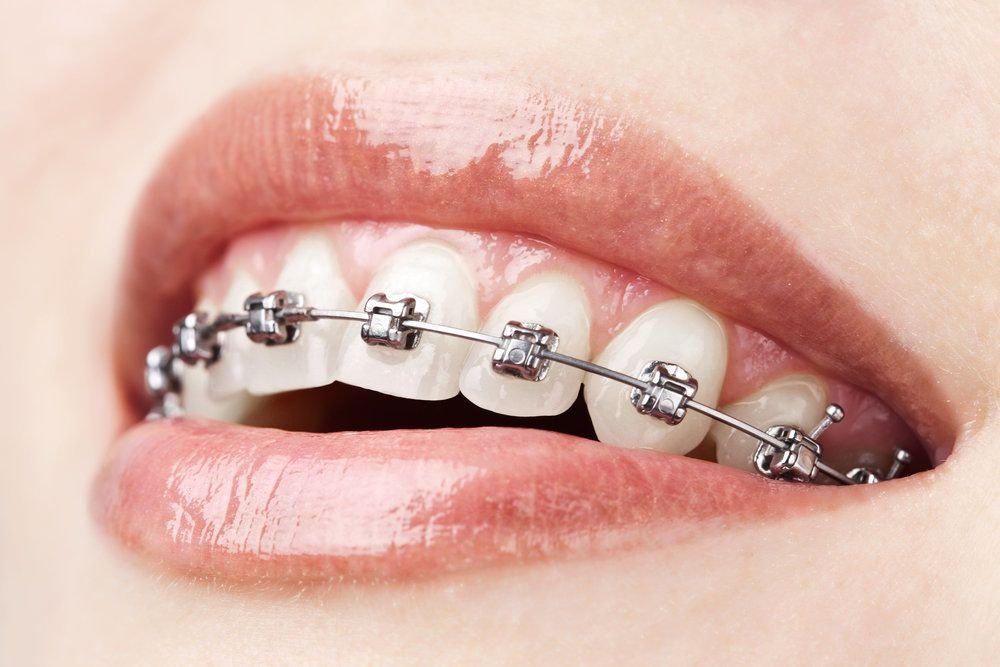


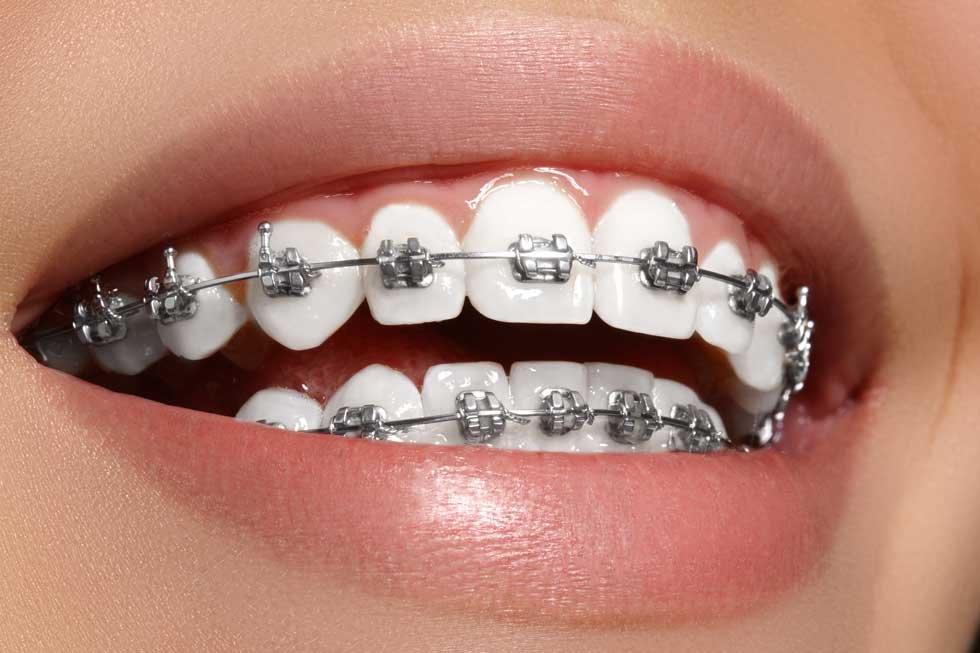


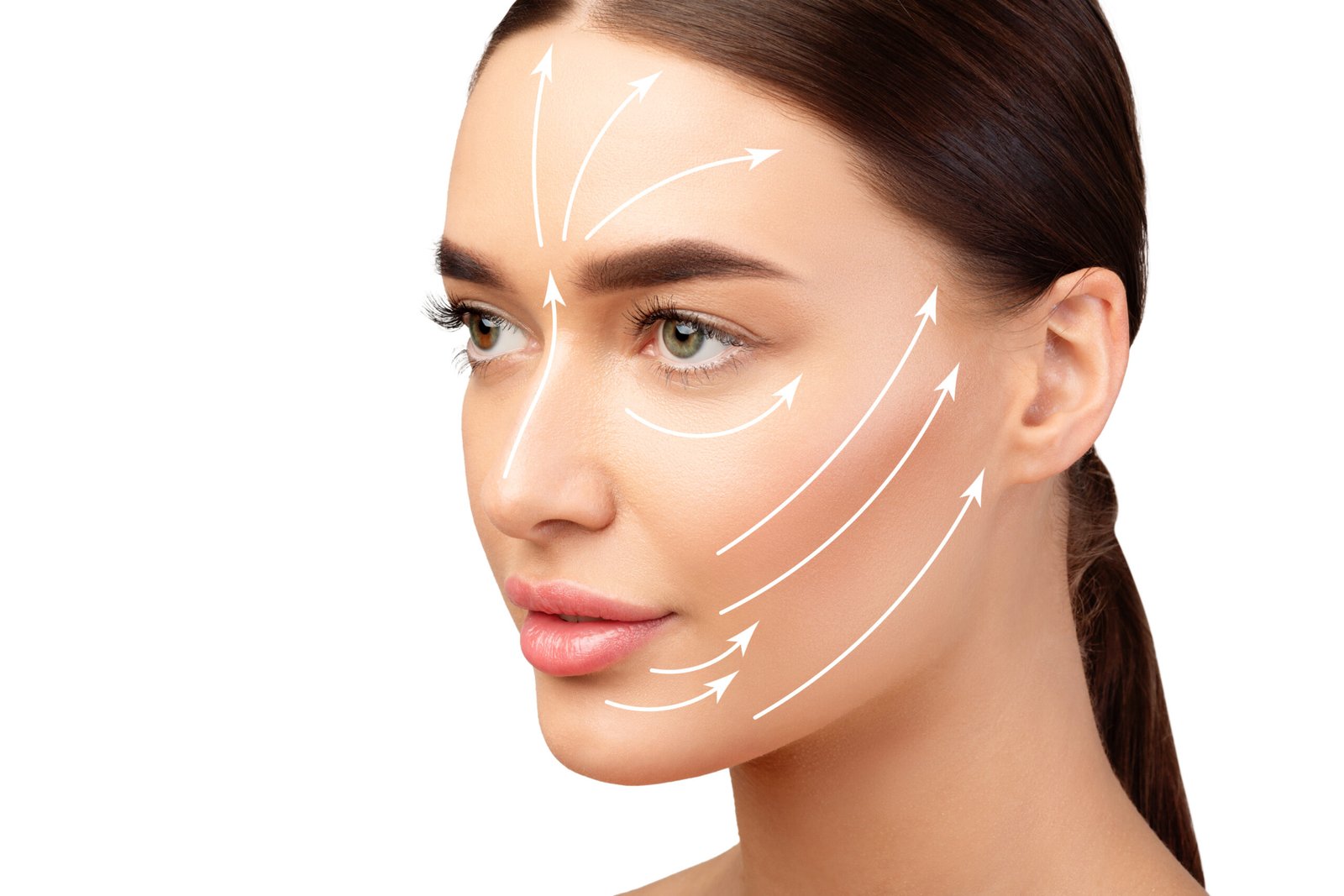
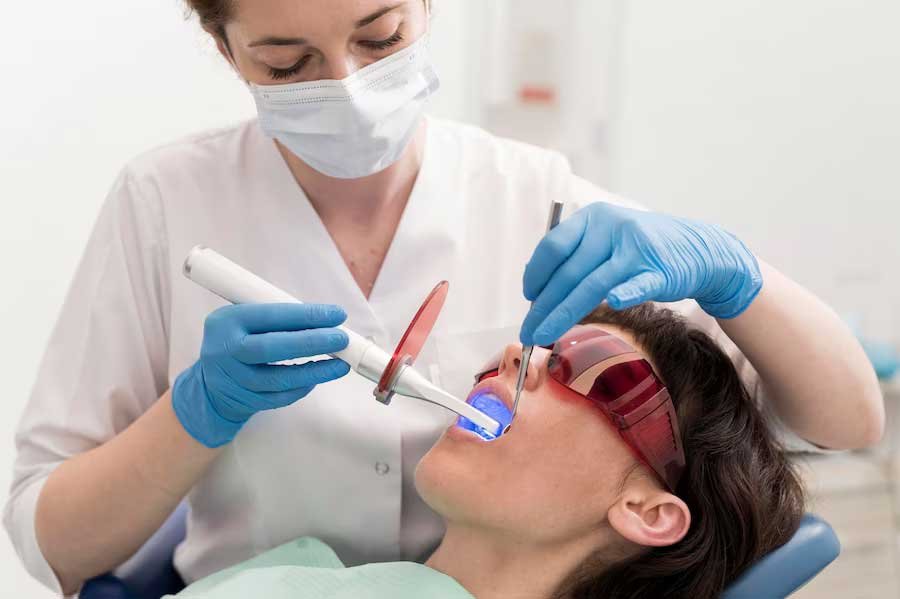

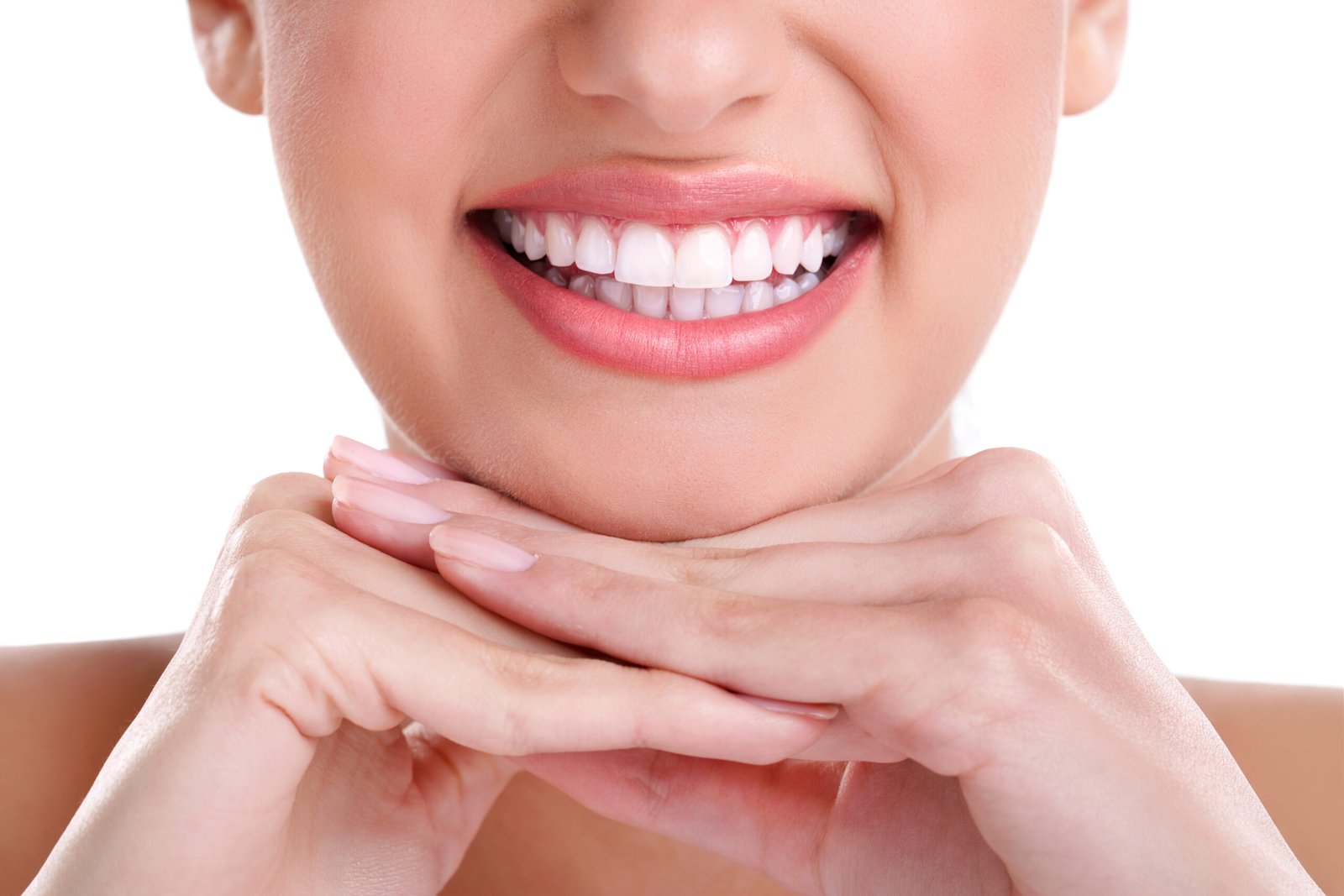
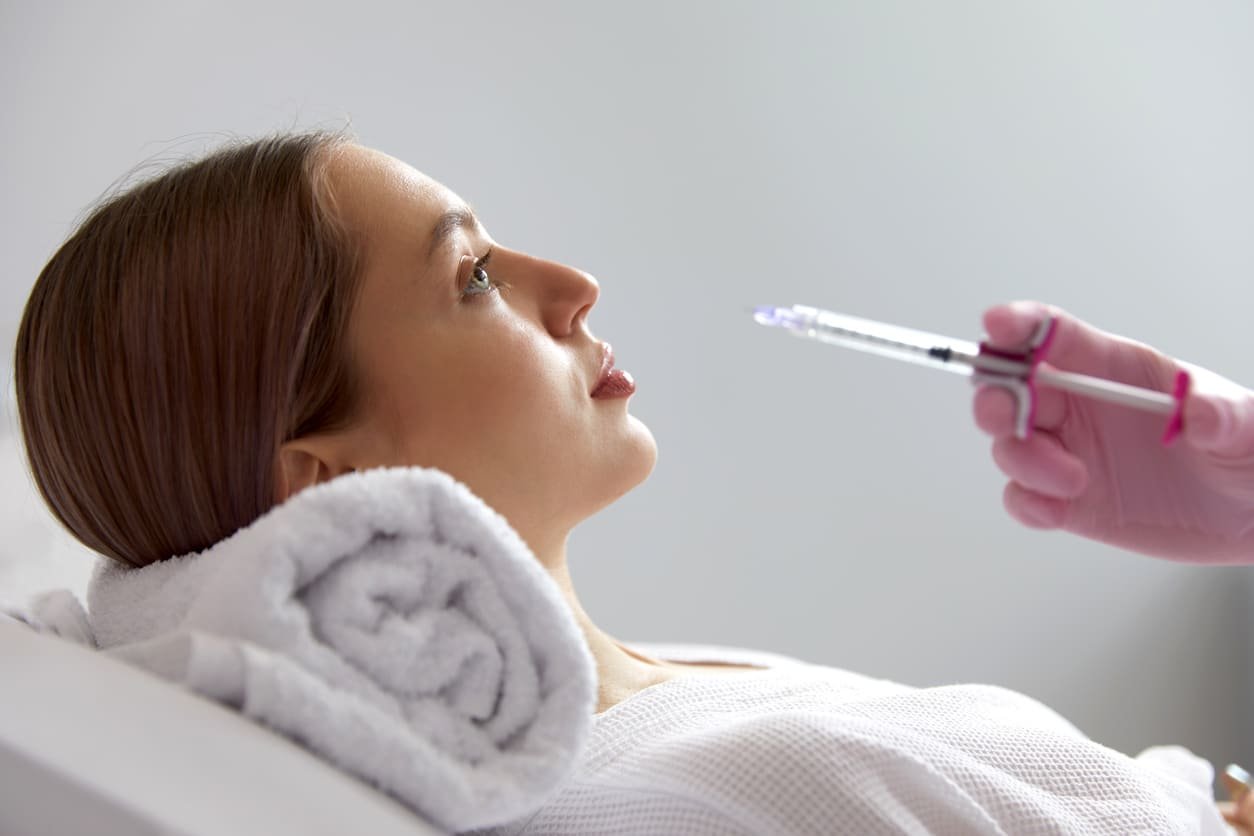


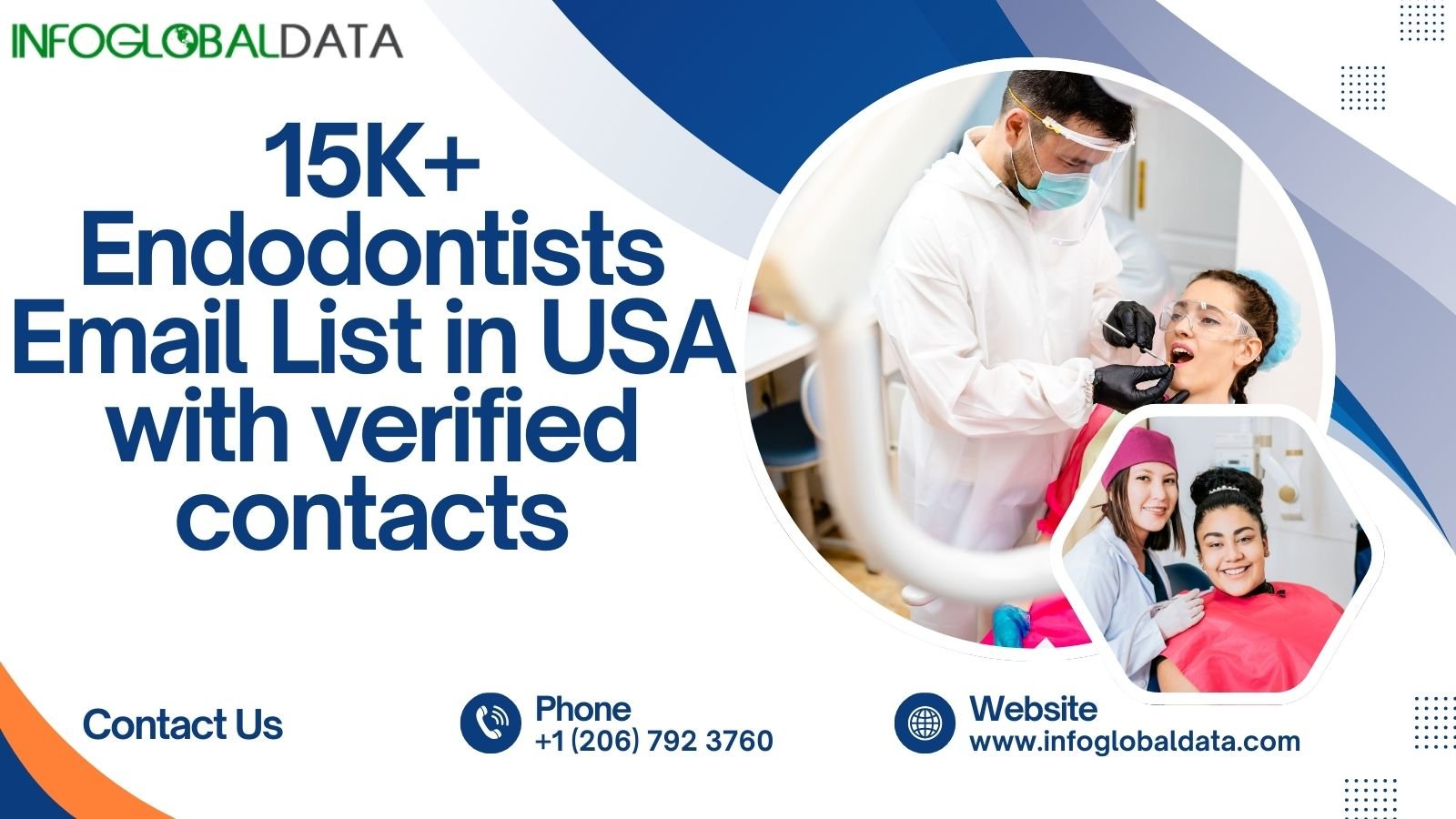

Leave a Reply